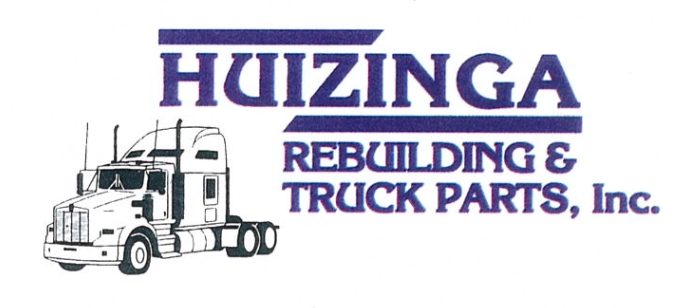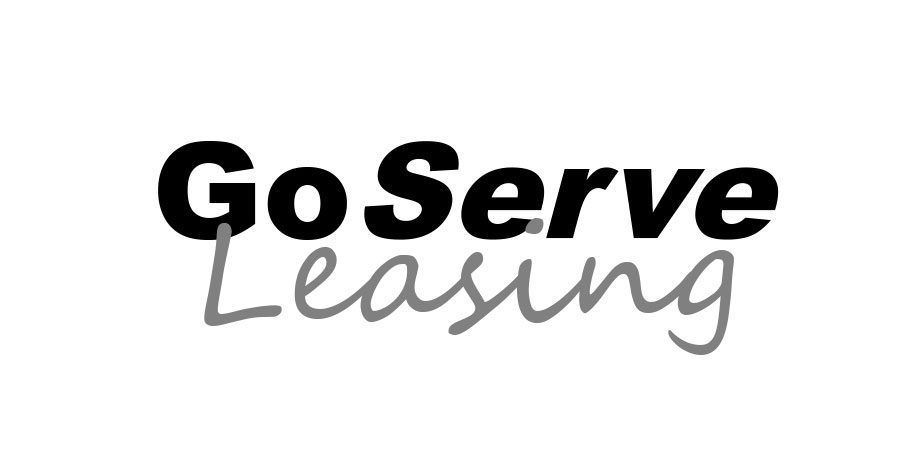
Canadian doctors provided the first known heart for transplant from an Aktion T4 Medical Assistance In Dying (MAiD) euthanasia last month:
Canada is turning its assisted suicide regime into an organ donation supply chain
Ethicists have warned that harvesting organs from euthanized patients could result in pressuring people to opt for death so that their organs can be used by those with better prognoses.
By Jonathon Van Maren - October 2, 2025(LifeSiteNews) — The heart of a 38-year-old Canadian man who was euthanized was successfully harvested and donated to a 59-year-old American man with heart failure, according to the National Post. The case highlights a growing trend: organs being harvested from euthanasia victims.
A report from The University of Pittsburgh Medical Center and The Ottawa Hospital detailed the procedure. “Here we report the first case of successful cardiac transplantation after MAiD,” the medical team wrote. And, more ominously: “Provision of MAiD and death determination occurred in keeping with Canadian standards. Death was declared within seven minutes of initiating the MAiD protocol.”
The Canadian was suffering from ALS (or Lou Gehrig’s disease), and had indicated his desire to donate his organs, but this is a “landmark case of a heart transplant following euthanasia.” According to the National Post: “The dead donor’s heart was removed, attached to a special machine that ‘reanimates’ or restarts the heart to keep blood flowing through the organs while keeping them warm, and then transported to Pittsburgh, where the transplant took place.”
Organs being harvested from freshly euthanized patients are becoming more common; while this is the first heart transplant, there have already been liver, kidney, and lung transplants, and “at least 155 people in Canada have donated their organs and tissues after receiving a doctor-administered lethal injection” since 2016, although a “number of doctors are concerned that some Canadians receiving medical assisted death don’t actually meet Health Canada’s criteria for the procedure.”
The successful heart transplant provides an incentive for repeat procedures. “While longer term data and data on additional cases will be required, this case suggests that safe cardiac transplantation can be performed after MAiD,” the report stated. Pro-lifers – and many ethicists – have noted that the practice of harvesting the organs from euthanized patients could result in pressure being put on people to opt for death so that their organs can be used by healthier people or those with better prognoses.
Canada has already achieved the dubious distinction of becoming a “world leader in ODE – organ donation after euthanasia.” A Dutch study indicated that of 286 instances of ODE leading up to 2021, 136 instances were Canadian. CIHI data indicates that 235 people have “consented to donating their organs” after being killed by euthanasia, and of 894 euthanized donors, 7 percent had their organs harvested for donation and 5 percent of organ transplants in 2024 used the organs of euthanized Canadians.
The National Post noted that even as the practice becomes more common, controversy surrounding the process continues:
However, how, and when, to approach people requesting MAiD about organ donation is controversial and varies in Canada, according to the review paper. Organ donor organizations in Ontario and British Columbia recommend that people who request MAiD “are approached and informed about the possibility of organ donation.” In others, like Alberta and Manitoba, people aren’t asked about organ donation unless they start the conversation themselves.
“Not informing patients about the possibility of donation can prevent them from exploring the opportunity to donate their organs and negatively impact their autonomy, while informing them of this possibility may cause undue societal pressure for donation, and the desire to become a donor may be a driver for the MAiD request,” the review authors wrote.
In fact, the authors also warned that “some patients may feel they are a burden to their family and friends and feel motivated to undergo MAiD to relieve this burden,” stating that those both assessing and killing the patients should be on watch for “potential indicators that the patient may somehow be feeling pressured to proceed with MAiD or MAiD and organ donation.”
Considering how lax Canadian MAiD assessors have been thus far – and the fact that up to a quarter of “MAiD providers” in Ontario may have violated the criminal code – it is very unlikely that assessors can be trusted in this regard.
In 2011, the medical journal Applied Cardiopulmonary Pathophysiology published a description of how several instances of ODE were carried out:
Donors were admitted to the hospital a few hours before the planned euthanasia procedure. A central venous line was placed in a room adjacent to the operating room. Donors were heparinized [a drug to maintain organ viability] immediately before a cocktail of drugs was given by the treating physician who agreed to perform the euthanasia. The patient was announced dead on cardiorespiratory criteria by 3 independent physicians as required by Belgian legislation for every organ donor … The deceased was then rapidly transferred, installed on the operating table, and intubated [in preparation for organ removal].
“Ponder the enormity of what was done here,” ethicist Wesley J. Smith wrote at the time. “Four people – who were not otherwise dying – were killed and then swiftly wheeled into a surgery suite to have their organs removed. Three of the donors were struggling with neuromuscular disabilities – people who often face social isolation and discrimination – and one was mentally ill. In a particularly bitter irony, the latter patient was a chronic self-harmer, the ‘treatment’ for which was a willing professional team ready to administer the ultimate harm.”
Background & Overview of the Nazi Euthanasia (AktionT4) Program
Do the Canadians harvest organs from unhealthy Beluga whales after they euthanize them?
https://www.upi.com/Top_News/World-News/2025/10/07/canada-canadian-park-beluga/4321759872066/
Canadian marine park warns it may have to euthanize beluga whales
By Jake Thomas - October 7, 2025(UPI) -- A shuttered Canadian amusement park said that without an infusion of cash it will have to euthanize 30 beluga whales after a government official blocked it from sending the marine mammals to a Chinese theme park.
Marineland, the aquatic theme park located in Niagara Falls, Ontario, laid out the dire situation in a letter Friday to Canadian Fisheries Minister Joanne Thompson, The New York Times reported.
Thompson announced days earlier that she denied Marineland's request to export the belugas to Chimelong Ocean Kingdom theme park in China because it "would have meant a continued life in captivity and a return to public entertainment."
She further said that she was following requirements of the Fisheries Act meant to prevent the exploitation of marine mammals.
"Like many of you, I am angered that these whales have lived a life of captivity and as a result their health has deteriorated," Thompson said. "As Canadians, we know that whales belong in the ocean, not in tanks for our amusement."
Thompson told CBC News that she had visited the closed Marineland facility and concluded the whales belong in the ocean after she "looked the belugas in the eyes."
Marineland's business model struggled after a federal law passed in 2019 that banned keeping whales, dolphins and porpoises for breeding or amusement, according to the CBC.
The theme park said there is no suitable ocean "sanctuary" or facility for the whales. Meanwhile, Marineland said its financial situation continues to crumble, leaving it unable to meet the whales' costly care.
However, Thompson told Marineland in a letter sent Monday that there would be no bailout, The Canadian Press reported.
"The fact that Marineland has not planned for a viable alternative despite raising these whales in captivity for many years, does not place the onus on the Canadian government to cover your expenses," Thompson wrote.
Ontario Premier Doug Ford told The Canadian Press that the federal government should rethink its position.
"It should be the federal government that allows them to move (the belugas) to China or other marine areas that will take them, but saying no to everything and not coming up with a solution is not a great suggestion," Ford said.
A dozen groups including the Toronto Zoo, World Animal Protection and Animal Justice wrote to Ford urging the provincial government to seize the animals.







